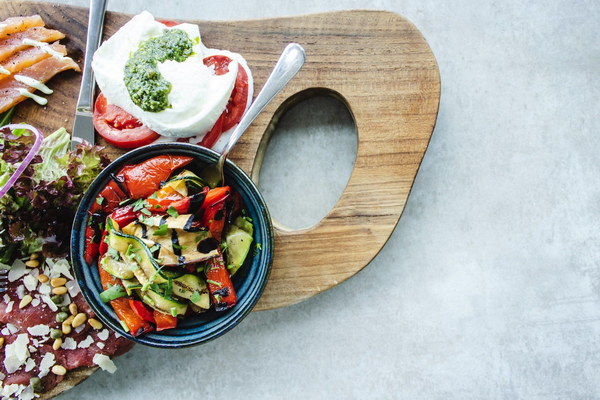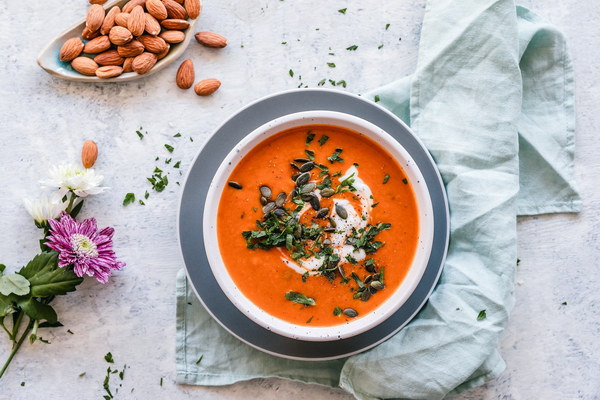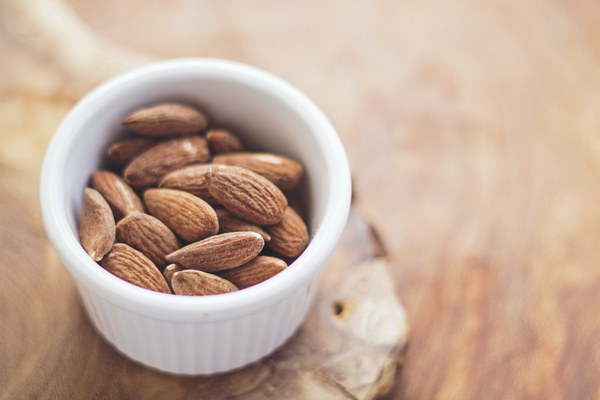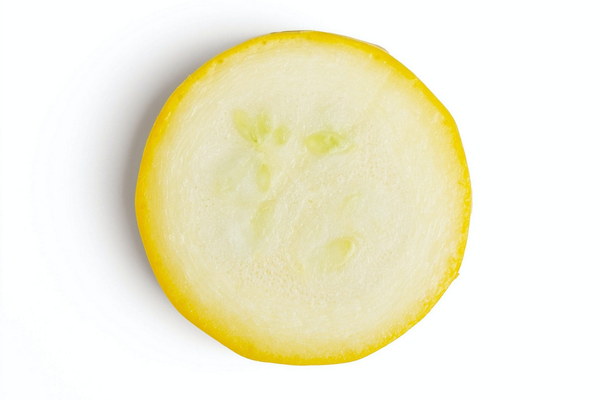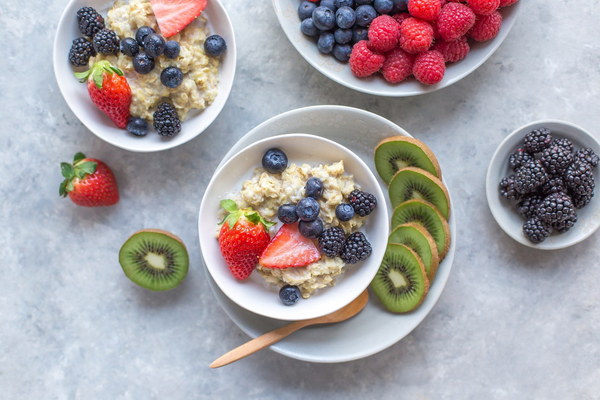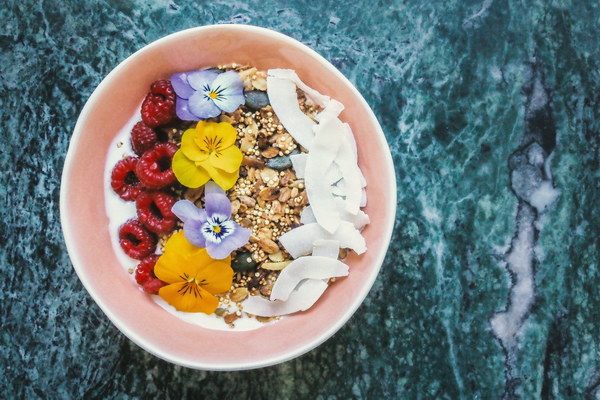Eyesight Enhancement A Nutritional Approach to Boost Your Vision
Introduction:
Eyesight is a precious gift that we often take for granted until it starts to diminish. While wearing glasses or contact lenses can correct vision problems, they do not address the root cause of poor eyesight. To truly enhance your eyesight, it is important to incorporate eye-boosting nutrients into your diet. In this article, we will explore how certain foods and nutrients can help improve your vision and keep your eyes healthy.
1. Omega-3 Fatty Acids
Omega-3 fatty acids, particularly those found in fish oil, have been shown to support eye health and improve vision. These essential fatty acids help maintain the integrity of the retina, reduce the risk of macular degeneration, and prevent dry eyes. Incorporate foods rich in omega-3s into your diet, such as salmon, sardines, mackerel, flaxseeds, chia seeds, and walnuts.

2. Antioxidants
Antioxidants play a crucial role in protecting your eyes from oxidative stress caused by free radicals. Foods high in antioxidants, such as vitamins A, C, and E, can help prevent age-related macular degeneration and cataracts. To ensure you are getting enough antioxidants, consume a variety of colorful fruits and vegetables, including carrots, sweet potatoes, kale, spinach, blueberries, and strawberries.
3. Lutein and Zeaxanthin
Lutein and zeaxanthin are carotenoids that are naturally found in the retina and lens of the eye. These nutrients have been shown to protect against age-related macular degeneration and cataracts. Foods rich in lutein and zeaxanthin include spinach, kale, collard greens, eggs, and corn. Additionally, lutein and zeaxanthin are available as supplements, which can be beneficial if you are unable to consume sufficient amounts of these nutrients through your diet.
4. Zinc
Zinc is an essential mineral that plays a vital role in maintaining eye health. It helps with the absorption of vitamin A and supports the function of the retina. Foods high in zinc include oysters, beef, chicken, legumes, and nuts. Ensuring an adequate zinc intake can help protect against night blindness and age-related macular degeneration.
5. Vitamin B Complex
The B vitamins, particularly niacin (vitamin B3) and riboflavin (vitamin B2), are essential for maintaining healthy eyesight. Niacin helps in the conversion of vitamin A to retinol, which is crucial for the production of visual pigments in the retina. Riboflavin plays a role in protecting the lens from oxidative damage. Incorporate foods rich in B vitamins into your diet, such as lean meats, fish, eggs, legumes, and whole grains.
6. Vitamin C
Vitamin C is another important nutrient for eye health. It helps in the absorption of iron, which is essential for good vision. Vitamin C also supports the production of collagen, a protein that is a key component of the eye's structure. Citrus fruits, berries, bell peppers, and leafy greens are excellent sources of vitamin C.
Conclusion:
While wearing corrective lenses can improve your vision, incorporating eye-boosting nutrients into your diet can help maintain and even enhance your eyesight. By focusing on a balanced diet that includes omega-3 fatty acids, antioxidants, lutein, zeaxanthin, zinc, vitamin B complex, and vitamin C, you can support your eye health and reduce the risk of age-related eye diseases. Remember, a healthy diet is just one aspect of maintaining good eye health; regular eye exams and lifestyle adjustments are also important.

